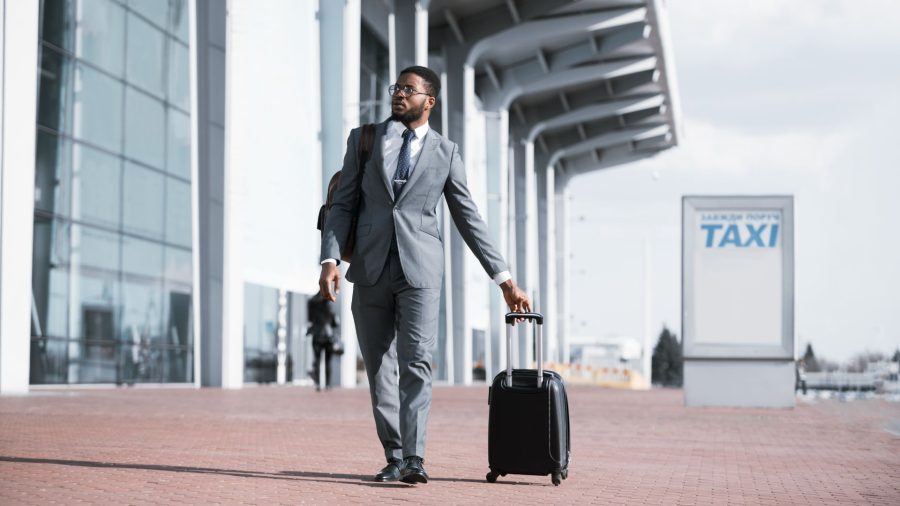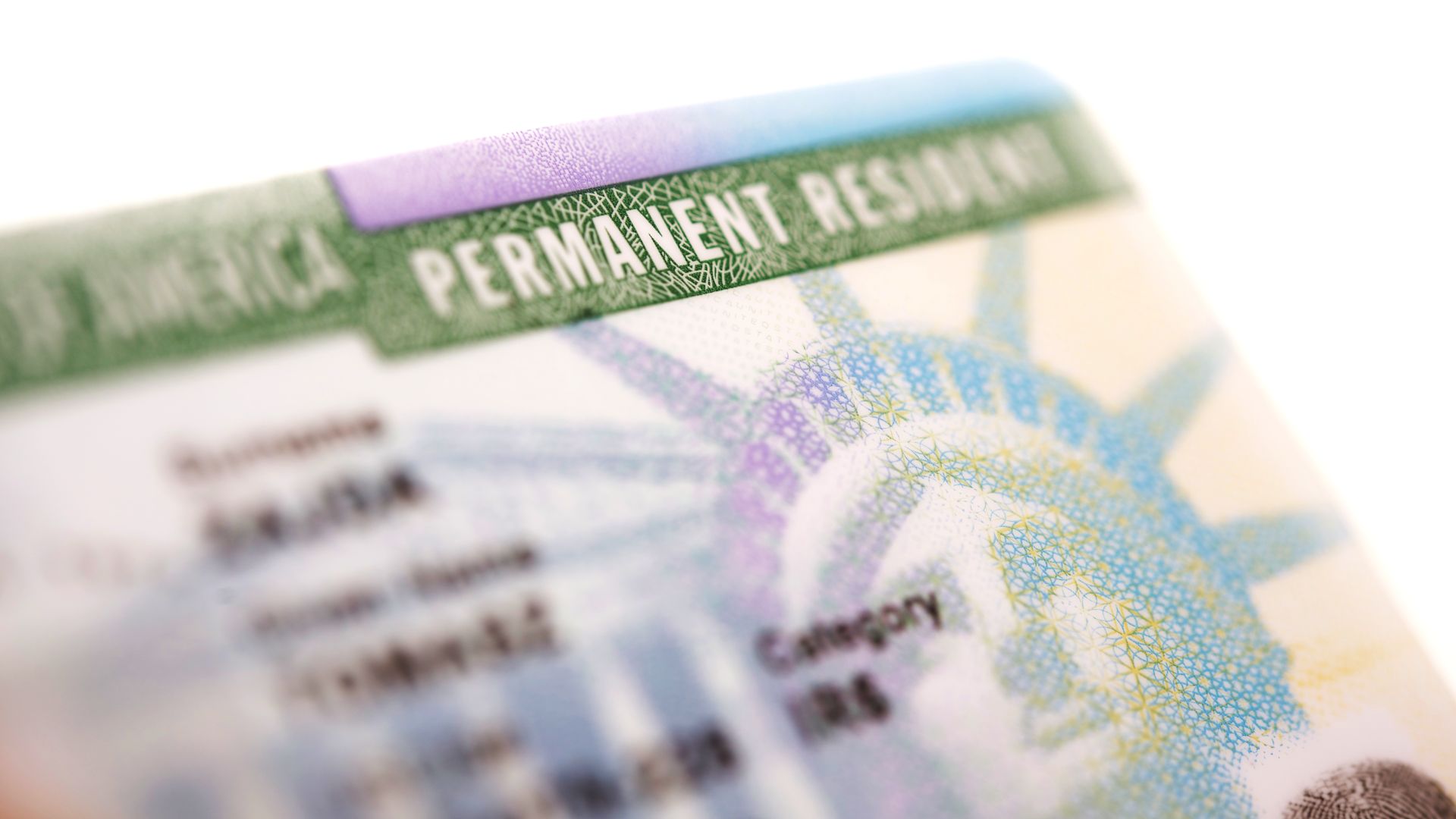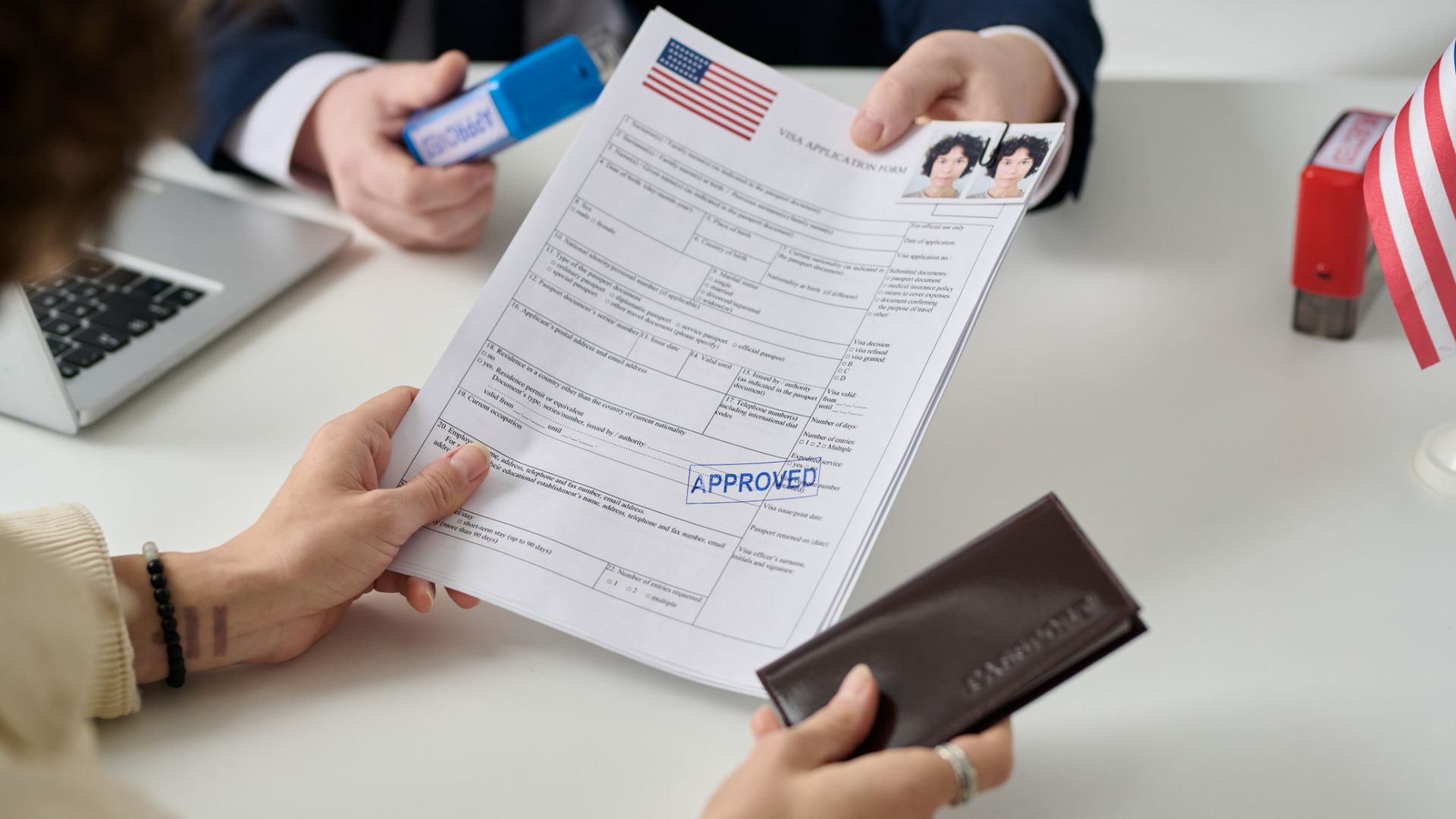Travel has become an integral part of both personal and professional life. For individuals planning to visit the United States temporarily for business or pleasure, understanding the B1 and B2 visas is crucial. These non-immigrant visas serve distinct purposes, catering to different needs and intentions of travelers. In this guide, we delve into the intricacies of B1 and B2 visas, exploring their eligibility criteria, application process, and key differences.
What are B1 and B2 Visas?
B1 and B2 visas are non-immigrant visas issued by the United States to individuals seeking temporary entry for specific purposes:
- B1 Visa: The B1 visa is designated for individuals traveling to the United States for business purposes. This includes attending conferences, meetings, negotiations, and engaging in other business-related activities. The primary intention of a B1 visa holder is to conduct legitimate business affairs rather than to pursue employment or establish permanent residency.
- B2 Visa: On the other hand, the B2 visa is intended for individuals traveling to the United States for tourism, pleasure, or medical treatment. This encompasses activities such as sightseeing, visiting friends or relatives, participating in recreational activities, and receiving medical care.
Eligibility Criteria for B1 and B2 Visas
To qualify for a B1 or B2 visa, applicants must demonstrate certain eligibility criteria, including:
- Intent of Temporary Stay: Applicants must prove their intention to enter the United States temporarily for the specified purpose (business or pleasure) and provide evidence of ties to their home country to ensure their return upon the completion of their visit.
- Financial Ability: Applicants should demonstrate sufficient financial means to cover the expenses of their trip, including travel, accommodation, and other related costs, without the need for employment or public assistance in the United States.
- Admissibility: Applicants must not have any disqualifying factors that would render them inadmissible to the United States, such as a criminal record, previous immigration violations, or health-related concerns.
Application Process for B1 or B2 Visa
The process of applying for a B1 or B2 visa typically involves the following steps:
- Complete Form DS-160: Applicants are required to fill out Form DS-160, Online Nonimmigrant Visa Application, providing accurate and truthful information about themselves, the purpose of their visit, and their intended duration of stay.
- Pay the Visa Application Fee: Applicants must pay the non-refundable visa application fee, which varies depending on the type of visa and the applicant’s nationality.
- Schedule a Visa Interview: After completing the DS-160 form and paying the application fee, applicants must schedule a visa interview at the nearest U.S. embassy or consulate. During the interview, applicants will be required to provide biometric information and answer questions about their travel plans and eligibility.
- Gather Supporting Documents: Applicants should gather supporting documents to substantiate their visa application, including a valid passport, passport-sized photographs, proof of ties to their home country, travel itinerary, and any additional documents specific to their purpose of travel (such as business invitations or medical records).
- Attend the Visa Interview: On the scheduled date of the visa interview, applicants must appear in person at the embassy or consulate. The consular officer will review their application, conduct the interview, and make a decision regarding visa issuance.
Partnering with an experienced immigration attorney can streamline the application process, alleviate uncertainties, and increase the chances of a successful outcome.
Reasons for Denial of B1 & B2 Visa Application
B1 and B2 visa applications can be denied for various reasons, many of which are similar to those for other types of visas. Here are some specific reasons why a B1 or B2 visa application may be denied:
- Lack of Ties to Home Country: One of the primary concerns for consular officers is whether the applicant has strong ties to their home country that would compel them to return after their temporary visit to the United States. If an applicant cannot demonstrate sufficient ties, such as stable employment, family relationships, or property ownership, the officer may question their intent to return and deny the visa.
- Inadequate Financial Resources: B1 and B2 visa applicants must demonstrate that they have the financial means to cover the expenses of their trip to the United States, including travel, accommodation, and other related costs. If the applicant cannot provide evidence of adequate financial resources, the officer may deny the visa due to concerns about the applicant’s ability to support themselves during their stay.
- Inconsistencies or Contradictions: Consular officers carefully review the information provided in the visa application, as well as during the interview, for any inconsistencies or contradictions. If the officer finds discrepancies in the applicant’s statements or documentation, it may raise concerns about the applicant’s credibility and lead to a visa denial.
- Failure to Demonstrate Purpose of Travel: B1 visa applicants must demonstrate that their trip to the United States is for legitimate business purposes, while B2 visa applicants must show that their visit is for tourism, pleasure, or medical treatment. If the applicant cannot clearly articulate the purpose of their travel or provide supporting documentation, the officer may deny the visa.
- Previous Immigration Violations: If an applicant has a history of immigration violations, such as overstaying a previous visa or attempting to enter the United States unlawfully, it can significantly impact their eligibility for a B1 or B2 visa. Consular officers may view such violations as evidence of a lack of respect for U.S. immigration laws and deny the visa as a result.
- Health or Security Concerns: B1 and B2 visa applicants must undergo a medical examination and background check as part of the visa application process. If the applicant has a communicable disease, a criminal record, or any other health or security concern that could pose a risk to public safety, the officer may deny the visa on those grounds.
It’s important for B1 and B2 visa applicants to thoroughly prepare their application materials, provide honest and accurate information during the interview, and address any concerns raised by the consular officer to maximize their chances of a successful visa outcome.
Key Differences Between B1 and B2 Visas
While B1 and B2 visas share some similarities, such as the temporary nature of the visit, they are distinct in their purpose and permissible activities:
- Purpose of Visit: The primary distinction between B1 and B2 visas lies in the purpose of the visit. B1 visas are for business-related activities, while B2 visas are for tourism, pleasure, or medical treatment.
- Permissible Activities: B1 visa holders are allowed to engage in business activities such as meetings, conferences, consultations, and negotiations. In contrast, B2 visa holders can participate in tourism, recreational activities, social visits, and medical treatment, but they are generally prohibited from engaging in any form of employment or business activities.
- Duration of Stay: Both B1 and B2 visas typically allow for a maximum initial stay of up to six months. However, the actual duration of stay granted by the U.S. Customs and Border Protection officer at the port of entry may vary based on individual circumstances.
Ending Notes
B1 and B2 visas serve as valuable instruments for individuals seeking temporary entry into the United States for business or pleasure. Whether it’s attending a business meeting or exploring the wonders of a new destination, B1 and B2 visas facilitate diverse experiences and opportunities for travelers from around the world.
Need help? Look no further than Rebecca Black Immigration, PA. Our experienced team is dedicated to providing personalized support and expert guidance every step of the way. Whether you’re applying for a visa, seeking legal advice, or facing immigration challenges, we’re here to help. Contact us today to schedule a consultation and discover how we can assist you in achieving your immigration goals.








